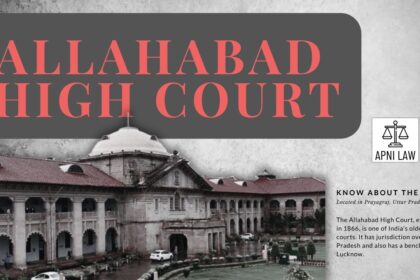Code:
(1) A police officer knowing of a design to commit any cognizable offence may arrest, without orders from a Magistrate and without a warrant, the person so designing, if it appears to such officer that the commission of the offence cannot be otherwise prevented.
(2) No person arrested under sub-section (1) shall be detained in custody for a period exceeding twenty-four hours from the time of his arrest unless his further detention is required or authorised under any other provisions of this Code or of any other law for the time being in force.
Explain it:
Section 151 CrPC provides a legal framework for preventive arrests. This section is based on the principle of “prevention is better than cure”. It aims to prevent the occurrence of a cognizable offence, which is an offence that is serious enough to warrant the police to arrest the accused without a warrant.
This provision allows police officers to intervene in situations where there is a real and imminent threat of a cognizable offence being committed.
The arrest under Section 151 is a temporary measure. It is not meant to be a punishment. The arrested person can be detained for a maximum of 24 hours.
Illustrate it:
- A person is seen gathering a mob and making inflammatory speeches that could incite violence.
- A person is found carrying weapons with the intention of causing harm to another person.
- A group of people are planning to vandalize public property.
In all these cases, a police officer can arrest the person/s involved under Section 151 CrPC to prevent the commission of a cognizable offence.
Common questions and answers:
Q: What are the conditions for arrest under Section 151 CrPC?
A: The police officer must have reasonable grounds to believe that:
- A cognizable offence is about to be committed
- The person being arrested is likely to commit the offence
Q: What are the legal safeguards for a person arrested under Section 151 CrPC?
A:
- The person arrested must be informed of the grounds for arrest.
- The person must be brought before the Magistrate within 24 hours of arrest.
- The person can apply for bail.
Q: Can a person be detained indefinitely under Section 151 CrPC?
A: No. The maximum period of detention under Section 151 CrPC is 24 hours. After 24 hours, the person must be produced before a Magistrate.
Q: What is the punishment for making a false arrest under Section 151 CrPC?
A: The police officer making a false arrest can be held liable for wrongful confinement and other legal actions.








